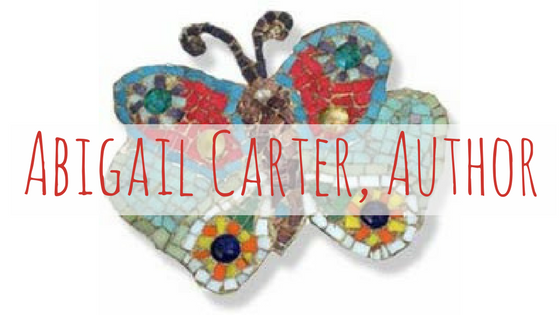Still on that Love Addiction kick? Sheesh, will you give that up already?
I've been slogging away on my chapter about Love Addiction. I keep writing and every time I finish a sentence, it feels like the next sentence should be "I guess I really need to attend a Love Addicts Anonymous meeting." I will admit that I am curious, but something holds me back, namely the fact that I don't think I am a Love Addict. As neatly as it would be to bind everything up in a tidy little package, have a clean diagnosis, 12 steps of recovery to follow, a well-defined problem and solution, I don't think the solution is quite so simple. Not that addiction is simple.I picked up a book today during a confused "spring ahead" morning in bed. It's been lying on my bedside table, it's alternative view languishing. The book is called "Labyrinth of Desire" by Rosemary Sullivan. At 7:30am or was it 8:30am? this line jumped out at me:
"...The kind of obsession that rushes in like a firestorm usually occurs either when we are young and want to get our lives started or when our lives get stuck and we need to jump-start them again..." "...Falling in love in this (obsessive) way will usually occur at a time of transition. We may not be conscious of it, but something has ended and something new must begin. Romantic obsession is a cataclysm breaking up the empty landscape."
Hmmm. Life transition. I'm pretty sure that the death or divorce of a spouse counts as a life transition, at least it did the last time I checked. I guess you can make the argument that we look for ways to fill a void in our lives, that void that is often caused by such a transition, so the addiction model still works, just with the words swapped around a little.Really, I am not trying to make the case that as widows and widowers, we are all headed down the path of addiction, but I suppose I haven't been quite so acutely aware before now how much we, as a society try to mask our deepest, messiest emotions with experiences and substances that keep our brains in a state of false euphoria. Heaven forbid that we should appear vulnerable.In the end, we need to find the common denominator which I think is tied up in self-worth and the ability to express our own vulnerability. Its about possessive attachment to objects and people. It is about mirroring in another that which we ourselves feel we lack.I have convinced Recovery Café to purchase a course by Brené Brown called "Understanding and Healing Shame" which I will be teaching in tandem with one of the instructors there. I am a huge fan of Brené Brown and her TED series of lectures. She talks of the need for authenticity in our society and our fear of being vulnerable. She talks of "wholehearted" living and loving as a way of combating our increasingly anxious world. She describes the "resilient spirit" as one who lives with purpose by telling thier stories, practicing hope and gratitude, embracing vulnerability, and maintaining an awareness of the joy and happiness around us.As I struggle with myself over this book, and the idea of writing about my own relationships, Brené's words offer me some solace. I am embracing my own idea of what is shameful, placing myself on a precarious perch of vulnerability and attempting to understand, think critically and attempt to demystify human relationships.No one said it was going to be pretty.
